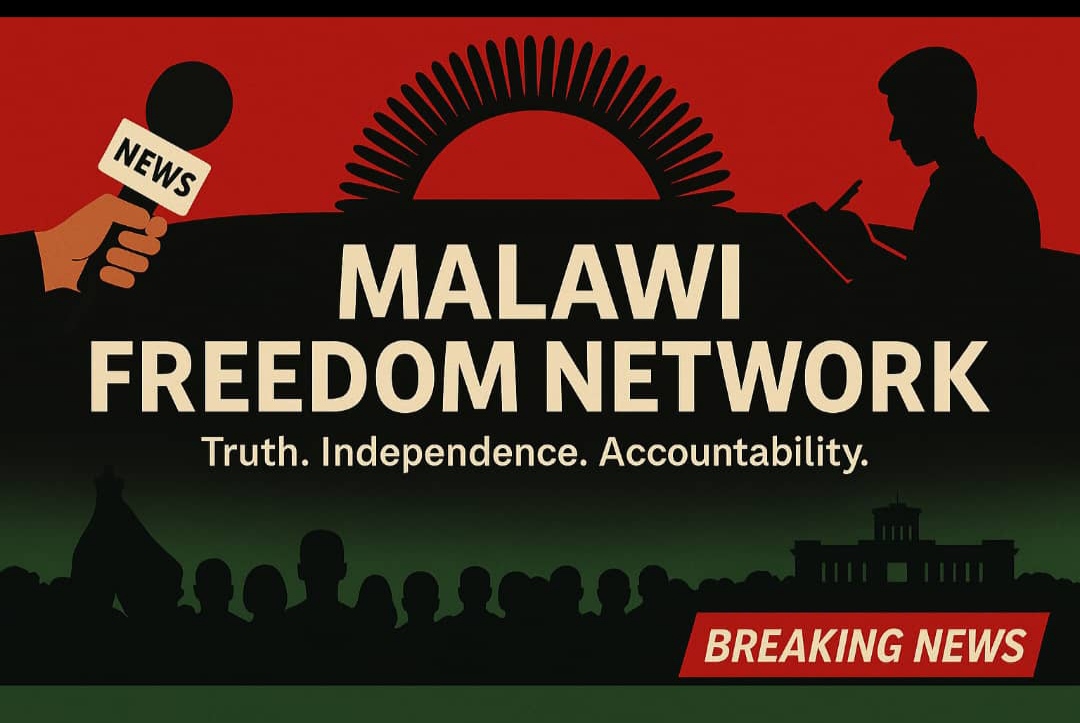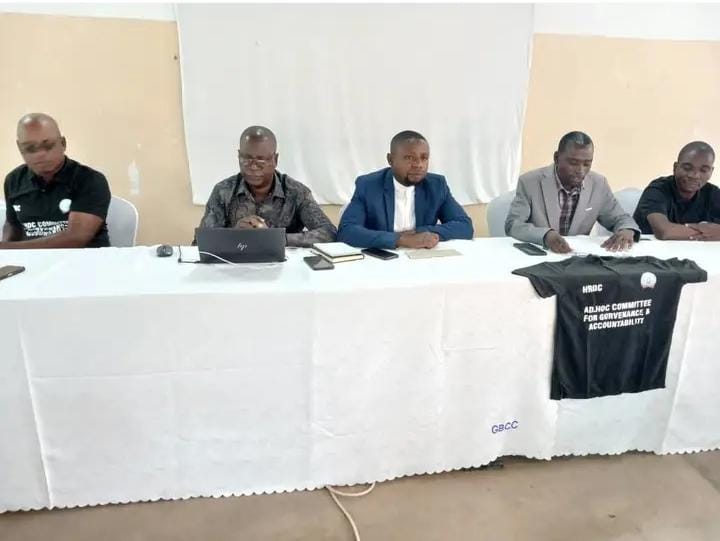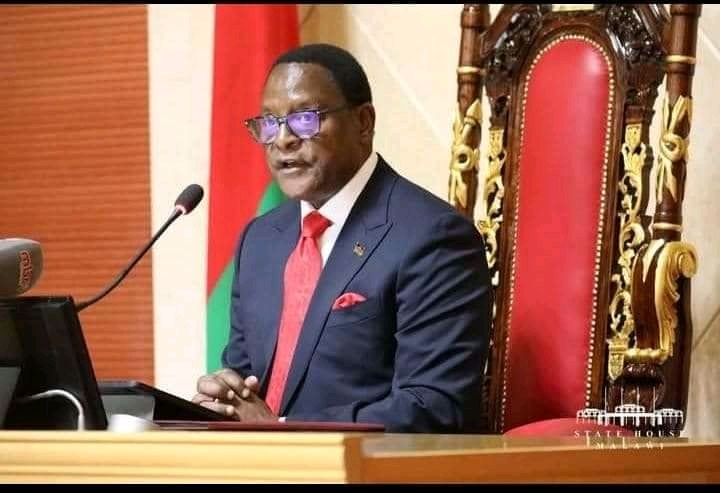By Burnett Munthali
Malawi Freedom Network’s reports between 9 and 15 July 2025 converged on a central tension between increasingly theatrical campaign messaging and persistent structural governance deficits.
Political coverage tracked the sharpening tone of pre‑nomination rallies as parties escalated visibility strategies ahead of the formal submission of nomination papers later in the month.
Analytical opinion pieces challenged Malawians to distinguish personality politics from systemic reform, warning that leadership changes without institutional overhauls recycle the same patterns of patronage.
Economic commentary underscored that short‑term improvements in fuel availability and selective price relief did not yet translate into broad household cost‑of‑living stability amid currency fragility and stubborn food inflation pressures.
Writers critiqued celebratory narratives around temporary import arrangements, arguing that without transparent procurement, forex management discipline and diversification of energy logistics, gains could quickly reverse.
Governance pieces highlighted enduring concerns over slow public sector turnaround, calling for performance contracts, digital expenditure tracking and publication of delivery scorecards to rebuild trust.
Coverage reiterated that anti‑corruption momentum remains fragile, with civil voices urging time‑bound case resolution and protection for whistle‑blowers to prevent reform fatigue.
Social sector focus examined uneven progress in education infrastructure and sanitation, stressing that classroom expansion without parallel teacher deployment and maintenance financing risks hollow outputs.
Health access discussions emphasized that planned facility rollouts must be coupled with staffing pipelines, essential drug logistics and reliable power to avoid underutilised buildings.
Agricultural stories revisited subsidy reform debates, stressing a pivot from politically sensitive input crowding to productivity levers such as irrigation governance, soil restoration and structured out‑grower contracts.
Youth empowerment narratives questioned whether headline inclusion promises would translate into scalable financing, market access and innovation ecosystems rather than symbolic appointments.
Local democracy commentary supported moves toward stronger municipal accountability but cautioned that devolving authority without audited transfer formulas could simply decentralise inefficiency.
Civil society voices promoted voter literacy initiatives encouraging citizens to interrogate all manifestos for costings, sequencing logic and measurable impact indicators before committing electoral support.
Media scrutiny framed the widening candidate field as both a sign of democratic vibrancy and a risk of message dilution absent substantive policy differentiation.
Opinion contributors urged Malawians to benchmark campaign pledges against prior delivery records, macro‑fiscal realities and Malawi 2063 strategic pillars to filter feasible commitments from populist appeals.
Sports and cultural sidebars functioned as lighter counterpoints yet were used editorially to illustrate disparities between national pride symbolism and everyday service delivery gaps.
Taken together the week’s Malawi Freedom Network reporting painted a picture of a polity at an inflection point, with voters urged to pivot from rally spectacle toward evidence‑based assessment of who can execute disciplined, transparent and sequenced national renewal.




